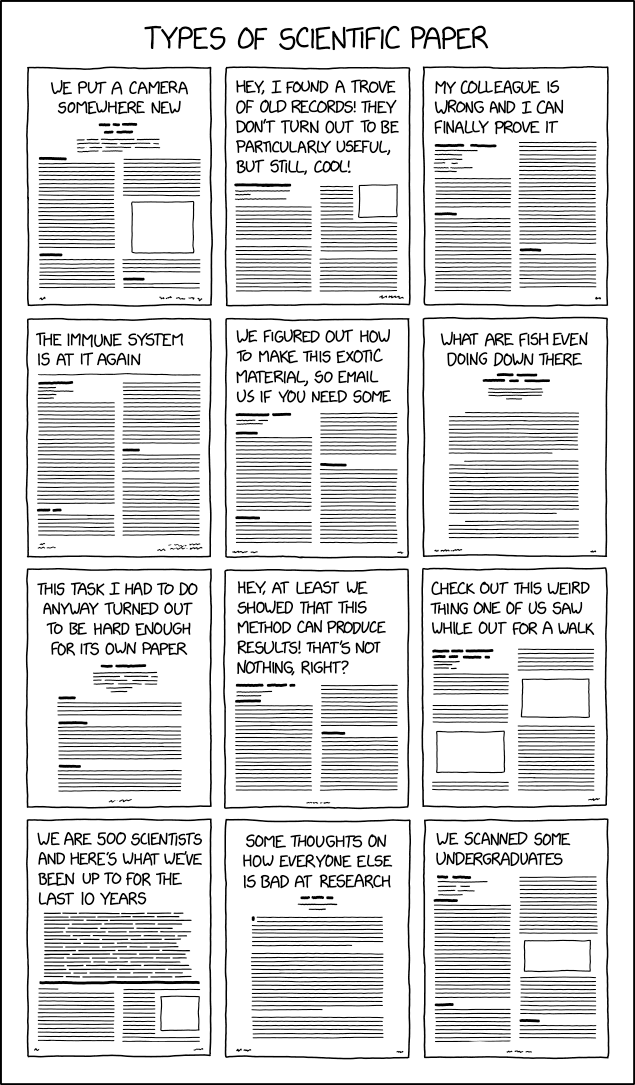Considering Grad School?
If you're a prospective grad student — especially in computer science — don't hesitate to reach out. I've been in your position: excited about research, yet unsure what grad school would actually be like.
The journey from application to graduation is complex, full of high points and challenges. The right resources, advice, and support network can make all the difference.
My Path
I'm currently a PhD student in Computer Science at Oregon State University, focusing on systems security research. It's been a mix of rewarding breakthroughs, frustrating setbacks, and valuable lessons — both academic and personal.
One thing I’ve learned: success in grad school depends as much on mindset and community as it does on technical skill. Below are some of the resources and perspectives that have helped me most.
Find Real People to Lean On
Grad school is an endurance event. You'll have exciting discoveries and tough stretches — sometimes in the same week. Recognizing both and having people to share them with is essential.
- Mentors. Seek people who’ve been through it and can guide you.
- Peers. Fellow students truly understand the day-to-day grind.
- Family & Friends. Keep ties outside academia for perspective.
- Communities. Join clubs, subreddits, and online research/study groups.
My Essential Reading List
These resources have shaped my PhD experience — alongside the advice, encouragement, and reality checks from advisors, colleagues, friends, and family.
Getting Started
- The illustrated guide to a Ph.D. / The Sphere of Knowledge — Visualizing the PhD journey
- More of Matt Might's articles — Practical insights on academic life
- So You're Starting a PhD? by Mike Rosulek at Oregon State University.
Research & Writing
- You and Your Research by Richard Hamming - Advice on doing impactful work
- De-Mystifying Good Research and Good Papers by Fei-Fei Li at Stanford
- How to Referee a Paper by Alan Jay Smith
- How to Write Good Technical Documentation
Mental Health and Persistence
- Margins of My Dissertation : Life Lessons that My PhD Taught Me by Chhavi Yadav
- A Survival Guide to a PhD by Andrej Karpathy
- How to graduate your PhD when you have no hope by Feynman
Creativity and Problem-Solving
- How to Get New Ideas by Paul Graham
- How to Do Great Work by Paul Graham
- How to Not Get Stuck by Camille Fournier
Communication and Collaboration
- How to Ask Good Questions
- Don't ask to ask, just ask
- The XY Problem
- How to create a better research poster in less time
Humor and Perspective
- Phd Comics - Because sometimes you need to laugh about it
Remember
It's a Marathon, Not a Sprint. PhD programs take years, not months. Pace yourself and focus on sustainable habits rather than short-term bursts of productivity.
Research is Iterative. Your first idea probably won't be your best idea. Be open to pivoting and exploring different directions as you learn more.
Community Matters. The people around you — advisors, peers, collaborators — will have a huge impact on your experience and success.
Balance is Important. Don't let research consume your entire life. Maintain hobbies, relationships, and activities outside of work. Learn to dance a little.
Failure is Part of the Process. Most experiments fail, most papers get rejected, most ideas don't pan out. Learn from these experiences rather than being discouraged by them.
When Things Get Tough
- Remember why you started: Reconnect with your original motivation.
- Break problems into smaller pieces: Don't try to solve everything at once.
- Ask for help: Your advisor, peers, and mental health professionals are there to support you.
- Take breaks: Sometimes stepping away helps you see things more clearly.
The xkcd Perspective

From xkcd's Types of Scientific Paper - A humorous but accurate take on academic publishing.